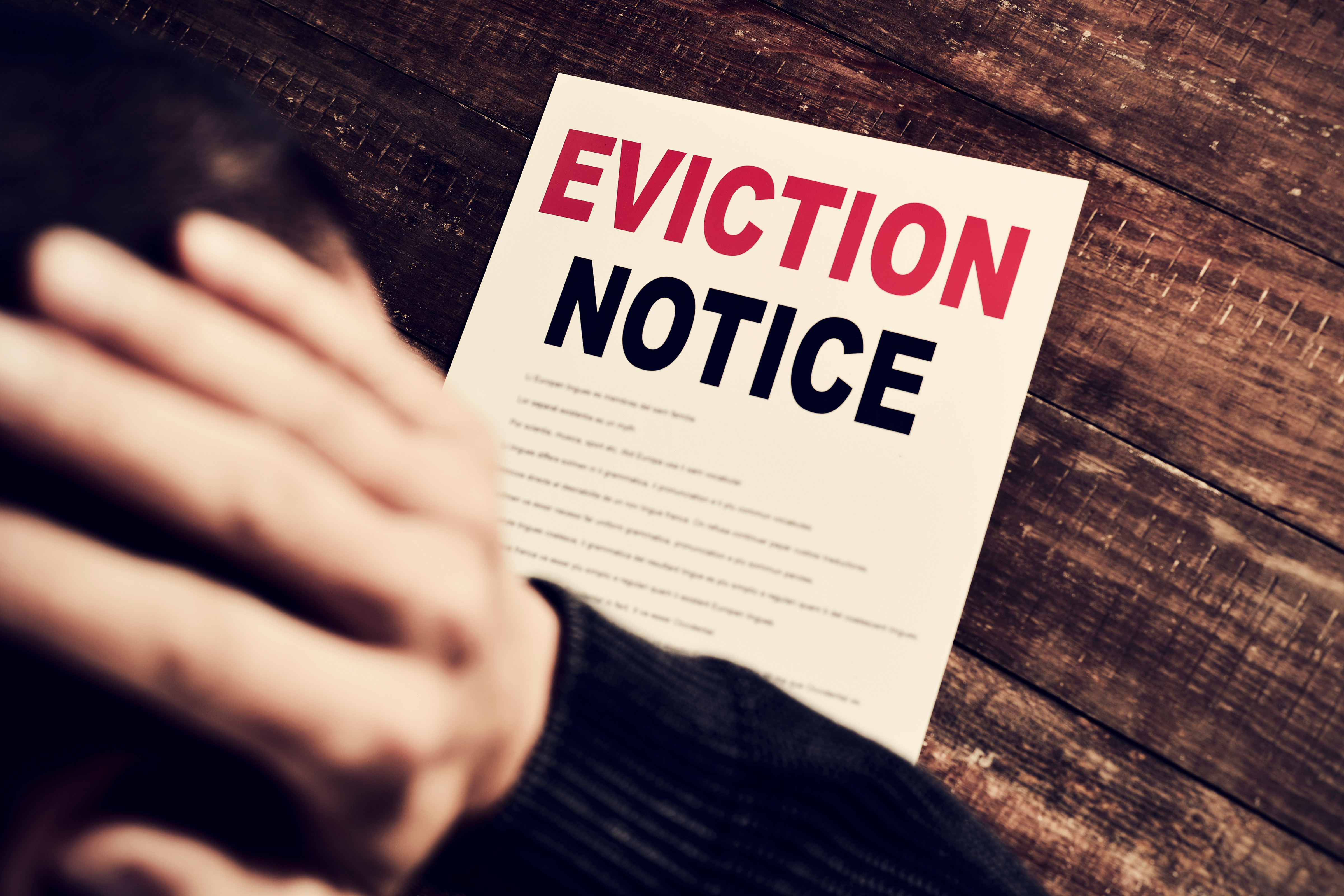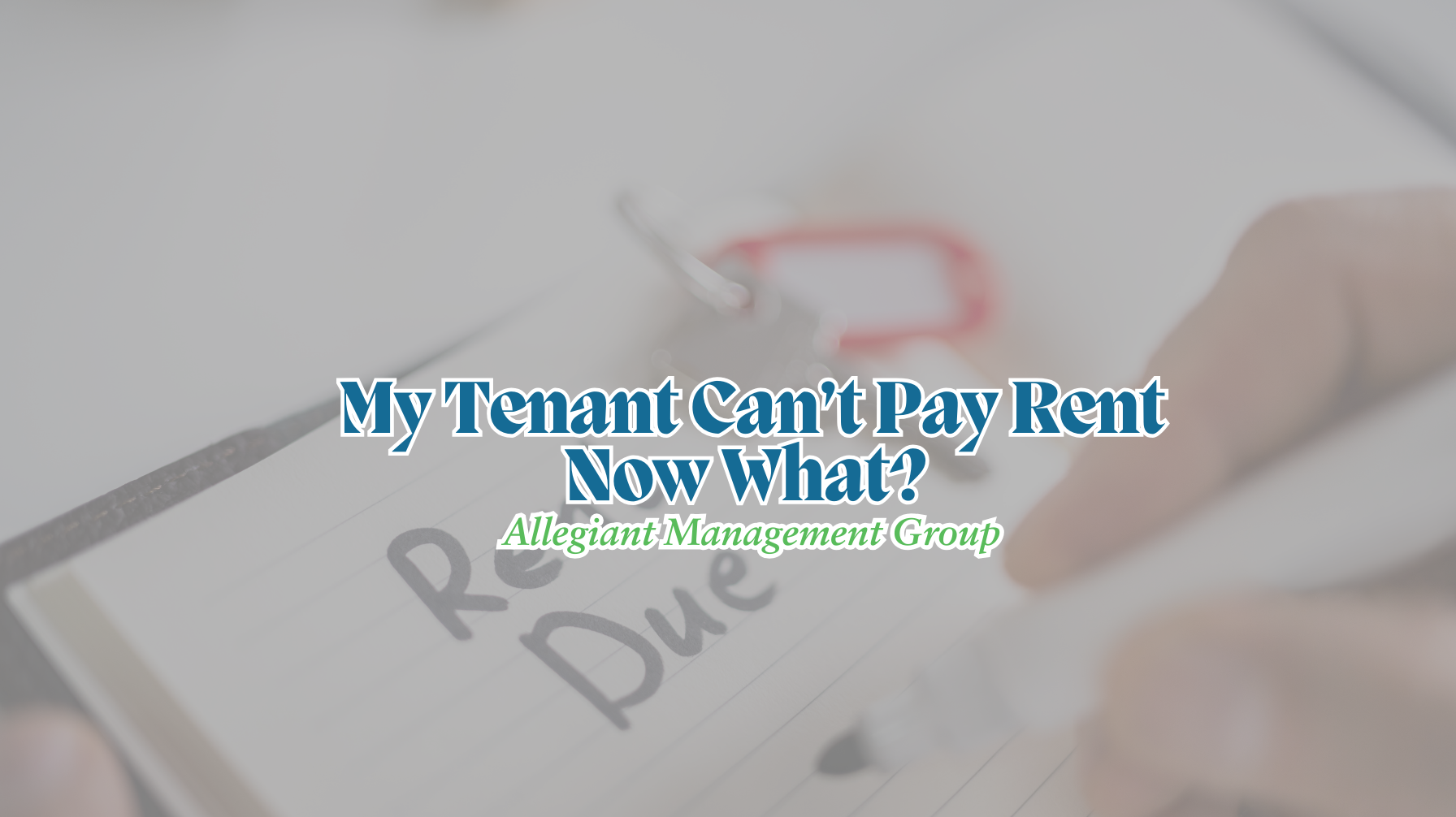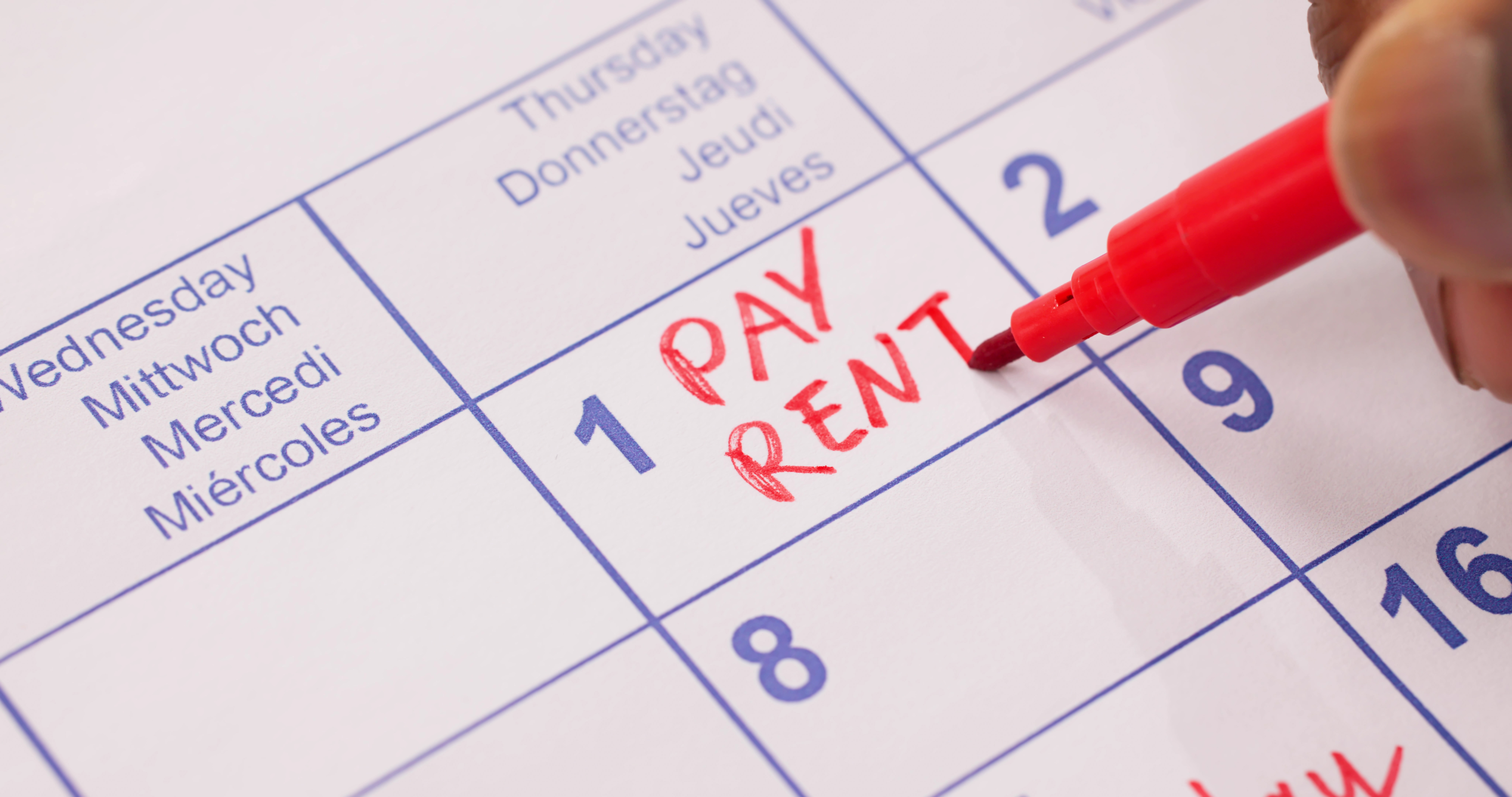My Tenant Is Not Paying Rent, Now What?
When a tenant is unable to make rent payments, it can create a challenging situation for landlords. In the U.S., more than 5.7 million households are behind on rent.
For Florida landlords, navigating late rent payments can be complex with state-specific laws and regulations. The state and local regulations are important to follow to stay compliant.
This guide will help you know what to do if your tenant cannot pay rent on time. The text discusses three main topics.
- The role of the Department of Housing and Urban Development (HUD).
- Housing counseling services at federal, state, and local level.
- Top Tips for maintaining good rental agreements to protect both parties.
Understanding Florida Landlord-Tenant Laws
In Florida, specific landlord-tenant laws exist to protect both parties in a rental agreement. Knowing these regulations can help you handle a late rent situation legally and efficiently.
Florida Rent Grace Period
Florida law does not require a rent grace period unless specified in the rental agreement. If your lease agreement does not provide one, then rent is due on the date specified in the contract.
This means landlords can act right away and start the eviction process if the tenant does not pay rent on time. This helps protect their financial interest in the property.
3-Day Notice Requirement
If a tenant fails to pay rent, Florida landlords are legally obligated to issue a 3-day notice. This gives the tenant three days to pay or vacate.
If the tenant does not respond, landlords can proceed with eviction. The 3 days required by the notice does not include weekends or holidays.
Steps to Take When a Tenant Can’t Pay Rent
1. Open Communication
When tenants face financial difficulties and unable to pay on time, encourage open communication. If they say, "I can’t pay rent this month," find out more about their situation.
Short-term financial difficulties, such as medical expenses, may resolve quickly. Understanding their position can help you negotiate a solution.
2. Consider a Payment Plan
If the tenant’s financial situation is temporary, a payment plan can help them catch up on rent. You can spread out payments over 30 days or a few months.
We should formalize this in writing, using clear terms to ensure mutual agreement.
3. Tenant Payment Assistance Programs
Guide tenants to local and state resources. These include the Florida Housing Finance Corporation (FHFC) and the Emergency Rental Assistance Program (ERAP).
They may also benefit from housing counseling provided by HUD to manage rent payments and other debts.
4. Use the Security Deposit
If allowed by the lease, landlords can use a security deposit to cover unpaid rent. However, the landlord requires written notification, and the tenant will need to replenish this deposit later.
5. Offer Short-Term Solutions
Letting a tenant pay part of their rent or delaying late fees for a month can help them. This gives them time to fix their situation and avoid more problems with monthly rent payments.
Legal Actions and Evictions

1. 3-Day Notice
After a grace period, if the tenant cannot pay rent, landlords must give a 3-day notice. This notice allows the tenant three business days to pay or move out.
2. Filing for Eviction
If the tenant does not comply with the 3-day notice, landlords may file for eviction in court. A judge can grant an eviction order, enabling landlords to reclaim the property.
3. Considerations Before Eviction
Evictions can be expensive and stressful for all parties. Offering tenants options like an extended 15 days notice or temporary rent adjustments might resolve issues without legal action.
Preventative Measures to Avoid Rent Payment Issues
1. Thorough Tenant Screening
Screening tenants can prevent future issues. Verify their credit history, credit score, income, and rental history to ensure they can meet rent obligations.
Reliable payment methods, like auto-drafts or credit card payments, can also help ensure timely rent payments.
2. Clear Lease Agreements
A clear lease agreement for your rental property sets expectations about monthly rent due dates, late fees, rent increases, who is responsible for utility bills, and consequences.
A clear lease agreement for your rental property sets expectations. It covers monthly rent due dates, late fees, and rent increases. It also states who is responsible for utility bills and the consequences of non-payment.
For example, a 15-day late payment penalty clause may deter late payments. Do not confuse this with the 15-day notice that landlords used to require for month-to-month leases.
3. Encourage Early Communication
Encourage tenants to notify you early if they anticipate financial difficulties. This can help you find solutions like rent assistance before your rent is overdue.
This way, you can avoid eviction and the additional costs that come with it.
Tips for Tenants Unable to Pay Rent in Florida

If you can’t pay rent in Florida, it’s important to act fast and communicate effectively with your landlord. Talk openly with your landlord or property management company.
Here are some steps to consider:
Contact Your Landlord Immediately
Notify your landlord as soon as you realize you may not be able to pay rent. Open and honest communication can lead to solutions, such as a payment plan or temporary deferment.Review Your Lease Agreement
Carefully read your lease to understand late payment policies, potential fees, and your rights and responsibilities.Seek Assistance
Explore local resources, including housing assistance programs, nonprofits, and government agencies, that may offer financial aid or rental support.Document Everything
Keep a written record of your communication with your landlord and any agreements you reach. This documentation can be invaluable in protecting your rights.Plan for the Future
Use this experience to build a financial buffer, like an emergency fund. This will help you manage unexpected expenses in the future.
Taking proactive steps and using available resources can help you handle financial difficulties. This approach can also help you keep a good relationship with your landlord and secure your housing stability.
Additional Resources
- Florida Housing Finance Corporation (FHFC)
- Emergency Rental Assistance Program (ERAP)
- Community Action Agencies
Legal Aid Services
If you need legal guidance, consider contacting local legal aid services for assistance with landlord-tenant disputes.
How We Can Help
In Florida, dealing with tenants who cannot pay rent needs knowledge of local laws and a caring approach.
Steps like setting up a payment plan, proper notice, using local help programs, and making clear lease agreements can help landlords with these challenges.
For ongoing assistance, Allegiant Management Group offers property management services to streamline rental operations. Contact us to learn more.
Frequently Asked Questions (FAQ): Tenant Unable to Pay Rent
What should I do if my tenant can’t pay rent?
- Communicate: Discuss the situation with your tenant to understand their circumstances.
- Offer Payment Plans: Consider a temporary payment plan to help them catch up.
- Check Assistance Programs: Explore rental assistance programs available in your area.
- Issue a Pay-or-Quit Notice: If necessary, provide formal notice per local laws.
- Consider Eviction: As a last resort, follow legal procedures for eviction.
Is there a rent grace period in Florida?
Florida law does not require a rent grace period. However, lease agreements may include one. If no grace period is specified, landlords can charge late fees immediately after rent is due, subject to lease terms. Always check local ordinances and lease agreements for specific policies.
Can I use the security deposit to cover unpaid rent?
Yes, in most states, landlords can use the security deposit to cover unpaid rent. However, laws vary, and landlords must follow proper procedures, including providing an itemized deduction notice. Always review state laws and lease agreements before applying the deposit to rent.
How does the eviction process start?
The eviction process starts with a notice to vacate, such as a Pay or Quit notice for unpaid rent. If the tenant fails to comply, the landlord files an eviction lawsuit in court. A hearing follows, and if the judge rules in favor, a writ of possession is issued.
What resources are available for tenants struggling with rent?
- Government Programs: HUD, Emergency Rental Assistance (ERA), and local housing authorities.
- Nonprofits: Salvation Army, Catholic Charities, and United Way offer rental aid.
- State & Local Assistance: Check state housing agencies for relief programs.
- Legal Aid: Tenant advocacy groups provide legal guidance on evictions.
Disclaimer: This information is for general information purposes only and is not legal advice. For specific legal guidance, consult a qualified attorney. This content does not establish an attorney-client relationship.
Blog Updated: 02/23/2025




